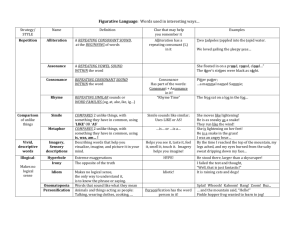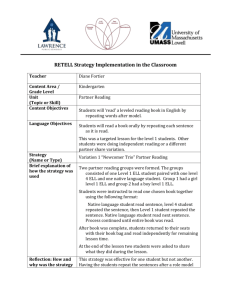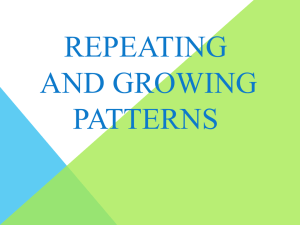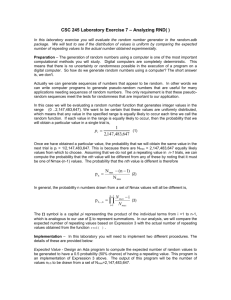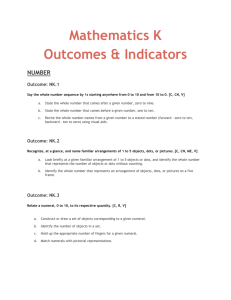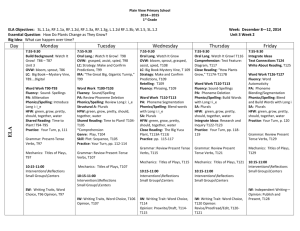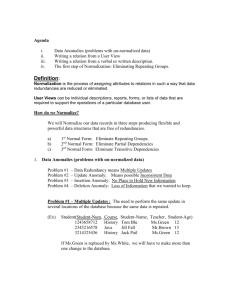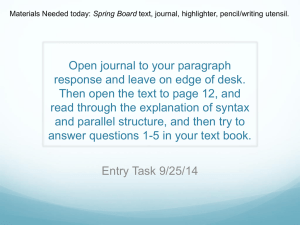information to parents on repeating a year of education
advertisement
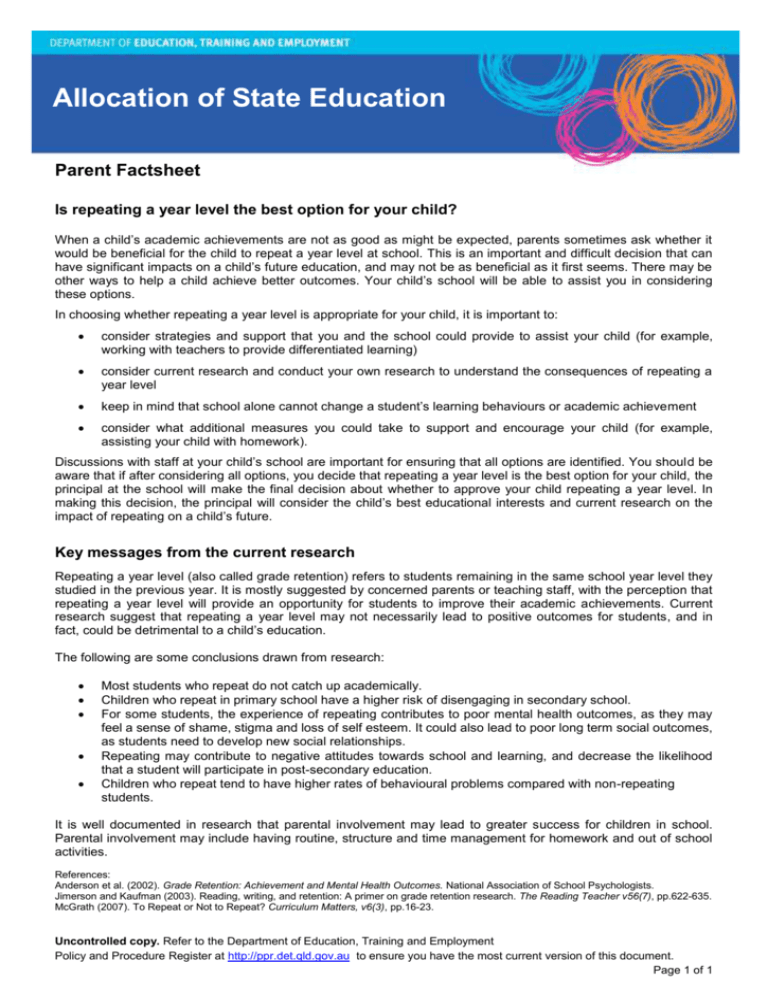
Allocation of State Education Parent Factsheet Is repeating a year level the best option for your child? When a child’s academic achievements are not as good as might be expected, parents sometimes ask whether it would be beneficial for the child to repeat a year level at school. This is an important and difficult decision that can have significant impacts on a child’s future education, and may not be as beneficial as it first seems. There may be other ways to help a child achieve better outcomes. Your child’s school will be able to assist you in considering these options. In choosing whether repeating a year level is appropriate for your child, it is important to: consider strategies and support that you and the school could provide to assist your child (for example, working with teachers to provide differentiated learning) consider current research and conduct your own research to understand the consequences of repeating a year level keep in mind that school alone cannot change a student’s learning behaviours or academic achievement consider what additional measures you could take to support and encourage your child (for example, assisting your child with homework). Discussions with staff at your child’s school are important for ensuring that all options are identified. You should be aware that if after considering all options, you decide that repeating a year level is the best option for your child, the principal at the school will make the final decision about whether to approve your child repeating a year level. In making this decision, the principal will consider the child’s best educational interests and current research on the impact of repeating on a child’s future. Key messages from the current research Repeating a year level (also called grade retention) refers to students remaining in the same school year level they studied in the previous year. It is mostly suggested by concerned parents or teaching staff, with the perception that repeating a year level will provide an opportunity for students to improve their academic achievements. Current research suggest that repeating a year level may not necessarily lead to positive outcomes for students, and in fact, could be detrimental to a child’s education. The following are some conclusions drawn from research: Most students who repeat do not catch up academically. Children who repeat in primary school have a higher risk of disengaging in secondary school. For some students, the experience of repeating contributes to poor mental health outcomes, as they may feel a sense of shame, stigma and loss of self esteem. It could also lead to poor long term social outcomes, as students need to develop new social relationships. Repeating may contribute to negative attitudes towards school and learning, and decrease the likelihood that a student will participate in post-secondary education. Children who repeat tend to have higher rates of behavioural problems compared with non-repeating students. It is well documented in research that parental involvement may lead to greater success for children in school. Parental involvement may include having routine, structure and time management for homework and out of school activities. References: Anderson et al. (2002). Grade Retention: Achievement and Mental Health Outcomes. National Association of School Psychologists. Jimerson and Kaufman (2003). Reading, writing, and retention: A primer on grade retention research. The Reading Teacher v56(7), pp.622-635. McGrath (2007). To Repeat or Not to Repeat? Curriculum Matters, v6(3), pp.16-23. Uncontrolled copy. Refer to the Department of Education, Training and Employment Policy and Procedure Register at http://ppr.det.qld.gov.au to ensure you have the most current version of this document. Page 1 of 1

